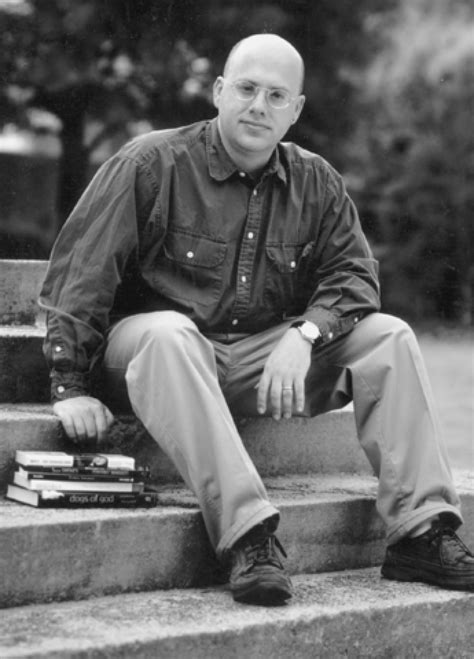A Quote by Lynne Tillman
As a reader myself, which precedes my being a writer, of course, I read in order to enter another world.
Related Quotes
The way of being with another person which is termed empathic...means temporarily living in their life, moving abut in it delicately without making judgment... to be with another in this way means that for the time being you lay aside the views and values you hold for yourself in order to enter the other's world without prejudice...a complex, demanding, strong yet subtle and gentle way of being.
We must be forewarned that only rarely does a text easily lend itself to the reader's curiosity... the reading of a text is a transaction between the reader and the text, which mediates the encounter between the reader and writer. It is a composition between the reader and the writer in which the reader "rewrites" the text making a determined effort not to betray the author's spirit.
No one can teach writing, but classes may stimulate the urge to write. If you are born a writer, you will inevitably and helplessly write. A born writer has self-knowledge. Read, read, read. And if you are a fiction writer, don't confine yourself to reading fiction. Every writer is first a wide reader.
No one can teach writing, but classes may stimulate the urge to write. If you are born a writer, you will inevitably and helplessly write. A born writer has self-knowledge. Read, read, read. And if you are a fiction writer, dont confine yourself to reading fiction. Every writer is first a wide reader.






































